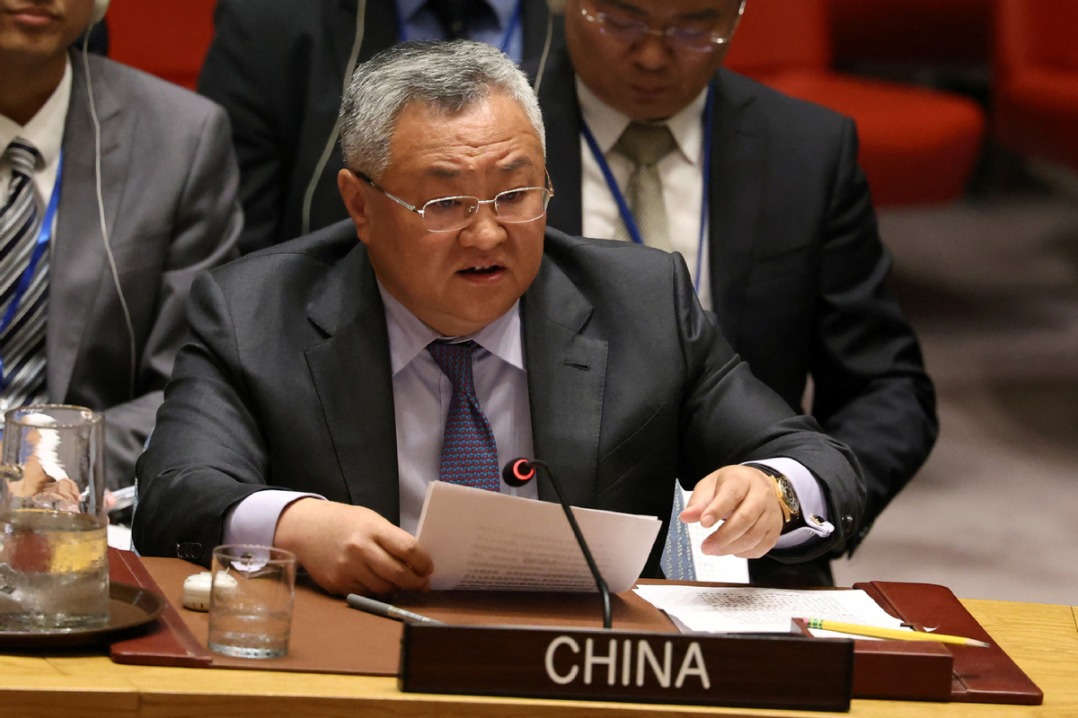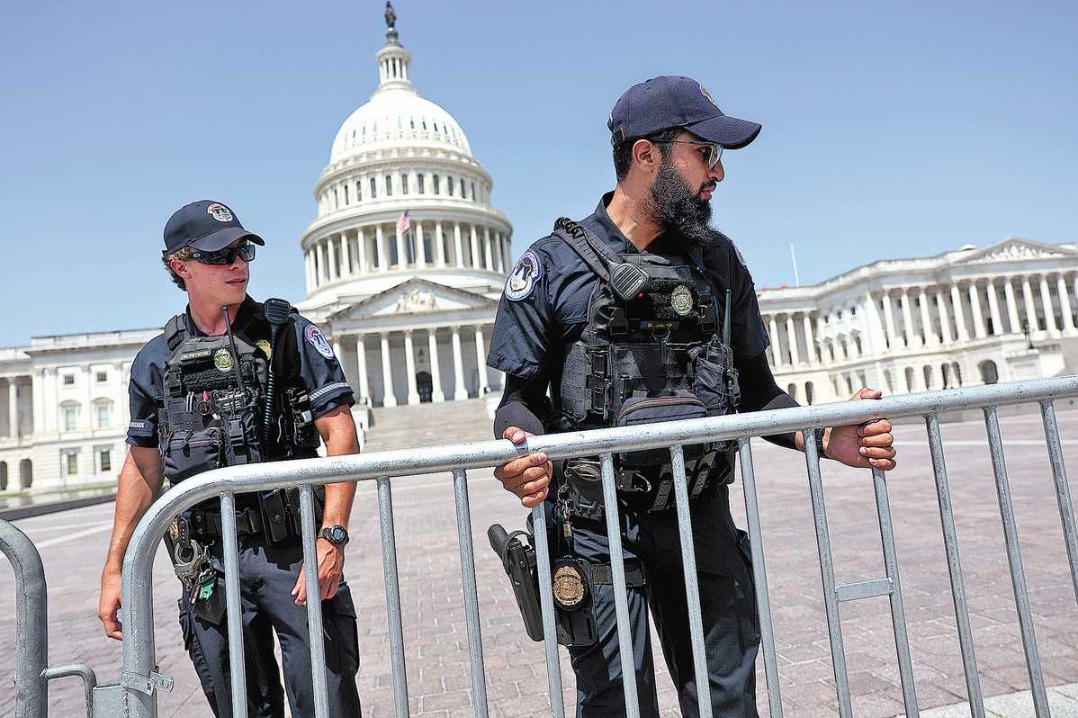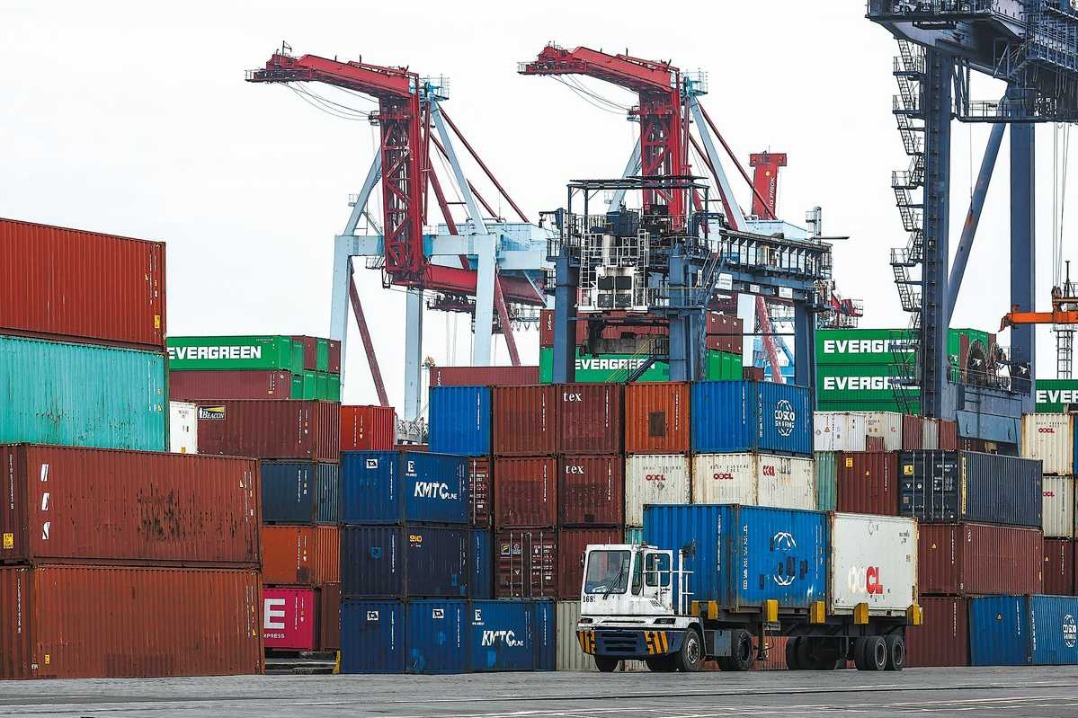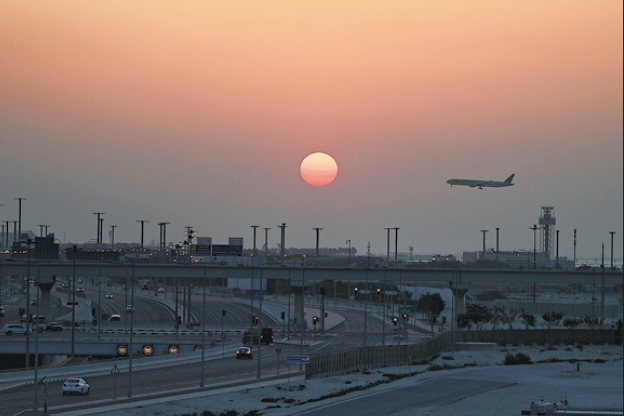Defense spending to be mulled at key summit

Leaders of NATO member nations gathered in The Hague, the Netherlands for a two-day summit on Tuesday and Wednesday to discuss a new core defense spending target and address the recent United States' air strikes on Iran's nuclear sites.
The summit's planned main focus on the historic spending goal of 5 percent of GDP by 2035 was shifted to the US attacks on Iran and US President Donald Trump's announcement of an Israel-Iran ceasefire hours before the meeting, news agencies reported.
While leaders confront the Iran crisis, experts said NATO's fundamental challenge remains the Russia-Ukraine conflict, particularly given signs of waning US military support under Trump, who has long insisted member states must contribute 5 percent of GDP.
NATO Secretary General Mark Rutte's proposed defense spending target calls for total defense spending of 5 percent of GDP, including 3.5 percent for military costs plus intelligence, cyber capabilities, and infrastructure.
Most NATO countries are preparing to endorse the 3.5 percent pledge, motivated not just by the Russia-Ukraine conflict but also by a desire to maintain strong US support for the alliance, reported Reuters.
Rutte faces his first major challenge at the meeting, as he works to unite the 32-nation alliance behind the unprecedented spending pledge without risking deeper divisions among allies.
Reuters reported that Spain has opted out of the proposed spending target, stating it will only increase spending to 2.1 percent.
Germany's Chancellor Friedrich Merz has called for Europe to boost its defense spending and reduce US dependence, as his country aims to reach 2.4 percent of GDP in military spending this year and 3.5 percent by 2029, which would be well ahead of NATO's proposed timeline.
Speaking at a Berlin industry event on Monday, Merz, who became chancellor last month, said Europe can no longer "free-ride" on US security, saying "we Europeans must become stronger on our own".
"Our resilience is required not only militarily, but, above all, politically," Merz added, emphasizing Europe must protect itself from threats ranging from cyberattacks to continental division.
Matthew Kroenig, from the Atlantic Council's Scowcroft Center for Strategy and Security, told the Associated Press: "There are still a lot of worries in Europe, that maybe the United States will pull out of NATO, maybe the United States won't honor Article 5. I think there is a real fear among Europeans that we need to deliver for Trump in order to keep the United States engaged in NATO."
The United Kingdom's Prime Minister Keir Starmer pledged this week to boost defense spending to 5 percent of GDP by 2035 in response to what he called "an era of radical uncertainty".
The UK government has deferred details of the funding until a 2029 review and, currently, the only concrete spending plan involves reaching 2.6 percent by April 2027, primarily through reallocating funds from its foreign aid budget.
US Ambassador to NATO Matthew Whitaker has said the US would track allies' progress toward meeting spending targets.






























